H.R. 4913: Countering Harassment and Applying Legal Liability to Effectively Nurture Government Election Stability Act
This bill, known as the Countering Harassment and Applying Legal Liability to Effectively Nurture Government Election Stability Act (or CHALLENGES Act), aims to amend the National Voter Registration Act of 1993 to provide greater protections against challenges to voter registration status. Here’s what the bill intends to do:
Key Provisions
-
The bill restricts who can formally challenge the voter registration status of individuals registered to vote in federal elections. Specifically, only state or local election officials are permitted to submit such challenges.
-
If someone wishes to challenge a voter’s registration status, they must meet several criteria:
- They must provide clear and convincing evidence that the individual is ineligible to vote, which cannot be based on mass data matching processes.
- They are required to submit an oath or statement under penalty of perjury that demonstrates personal knowledge of the claimant’s ineligibility.
- If the challenger is an individual, they must be registered to vote in the same jurisdiction as the individual they are challenging.
-
State or local election officials with online portals for submitting challenges must enforce these new requirements by:
- Rejecting challenges that do not include the challenger’s name.
- Providing information about the new legal requirements for submitting challenges on the portals.
Enforcement and Legal Rights
-
The bill introduces provisions for individuals who believe they have been wronged by a false challenge to their voter registration status:
- They may file a civil lawsuit without needing to notify state election officials first.
- In such lawsuits, they can seek compensatory damages and punitive damages of up to $1,000 for each violation.
-
The bill establishes criminal penalties for those who submit fraudulent challenges. If a person knowingly challenges someone’s voter registration status while disregarding that person’s eligibility, they could face:
- A fine and/or imprisonment for up to six months.
- A fine of $10,000 for organizations that violate these provisions.
Effective Date
The amendments introduced by this bill would apply to challenges made after the bill becomes law.
Relevant Companies
None found
This is an AI-generated summary of the bill text. There may be mistakes.
Sponsors
34 bill sponsors
-
TrackNikema Williams

Sponsor
-
TrackYassamin Ansari

Co-Sponsor
-
TrackShontel M. Brown

Co-Sponsor
-
TrackAndré Carson
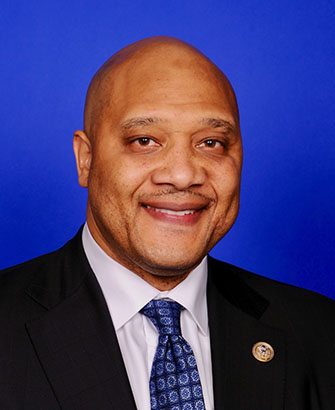
Co-Sponsor
-
TrackSheila Cherfilus-McCormick

Co-Sponsor
-
TrackYvette D. Clarke

Co-Sponsor
-
TrackJasmine Crockett

Co-Sponsor
-
TrackDwight Evans

Co-Sponsor
-
TrackCleo Fields

Co-Sponsor
-
TrackShomari Figures
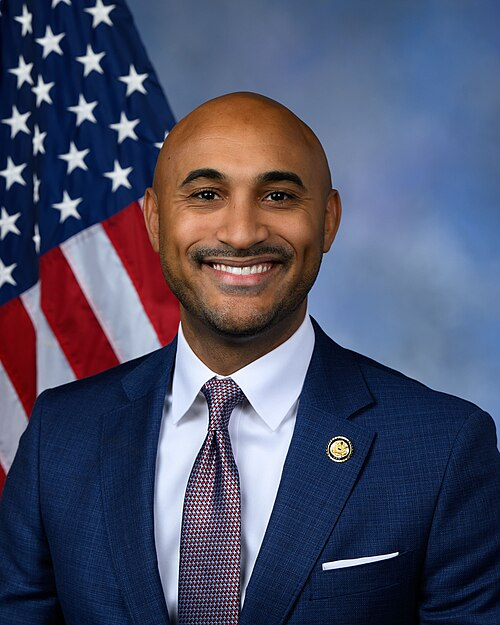
Co-Sponsor
-
TrackJesús G. "Chuy" García

Co-Sponsor
-
TrackAl Green
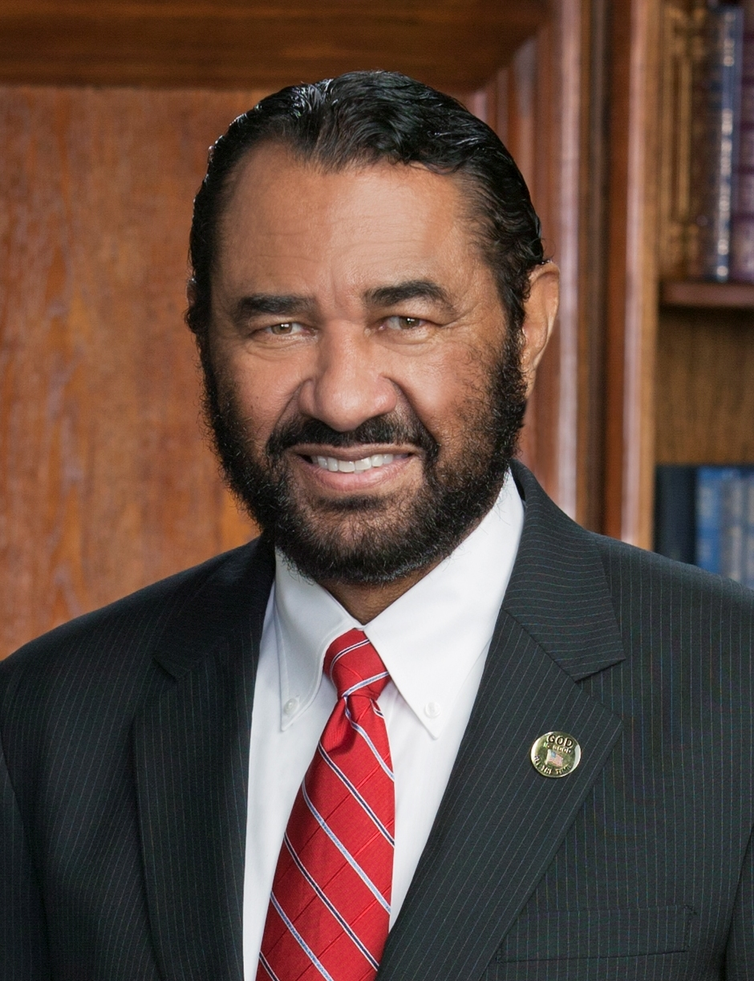
Co-Sponsor
-
TrackHenry C. "Hank" Johnson, Jr.

Co-Sponsor
-
TrackSydney Kamlager-Dove

Co-Sponsor
-
TrackRaja Krishnamoorthi

Co-Sponsor
-
TrackGeorge Latimer
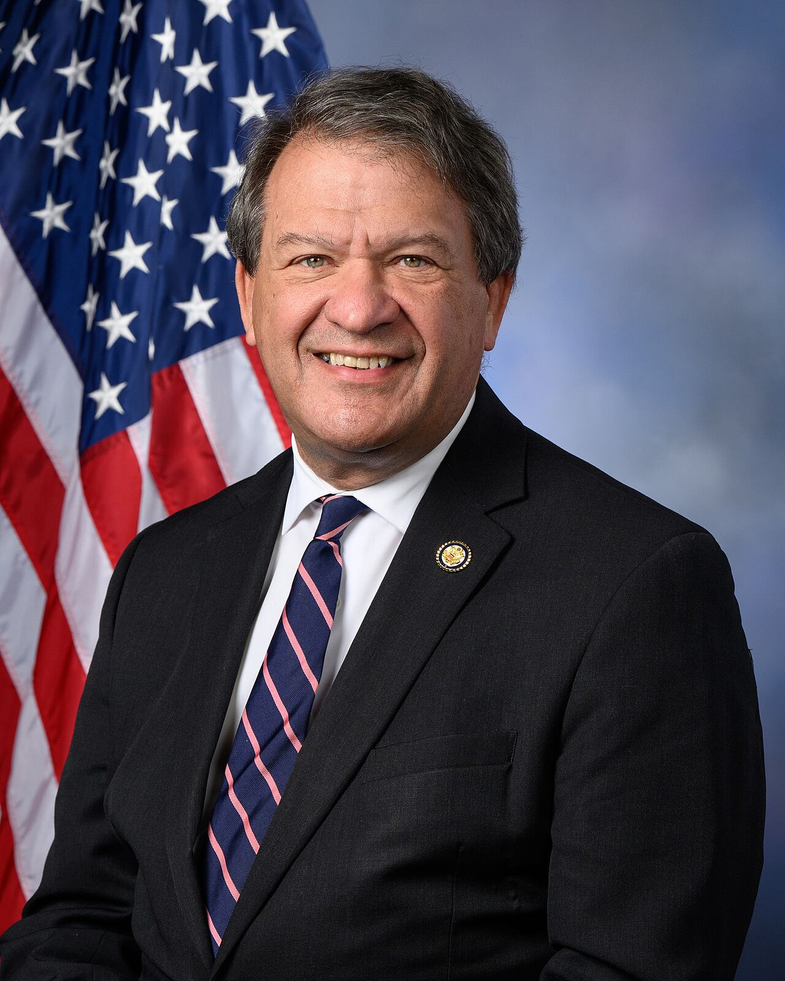
Co-Sponsor
-
TrackSummer L. Lee

Co-Sponsor
-
TrackStephen F. Lynch
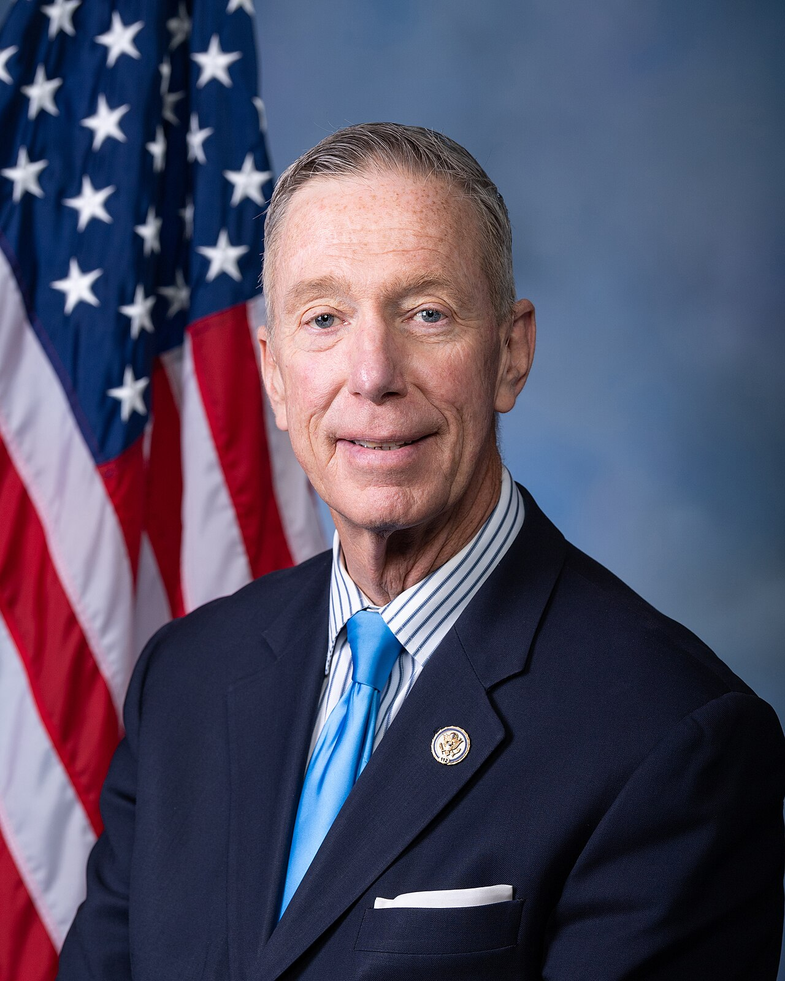
Co-Sponsor
-
TrackJennifer L. McClellan

Co-Sponsor
-
TrackLaMonica McIver

Co-Sponsor
-
TrackKweisi Mfume
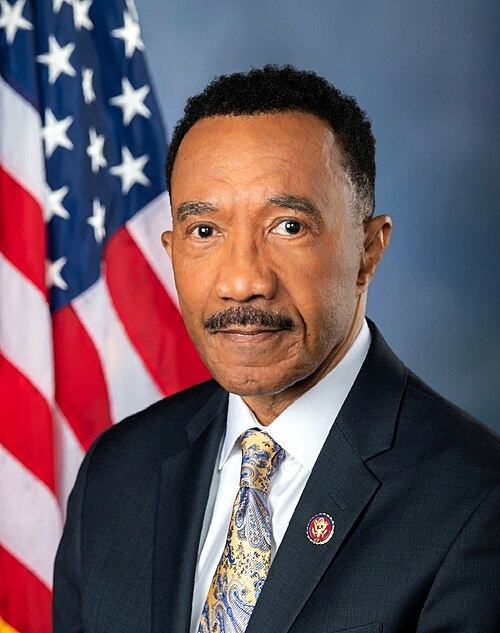
Co-Sponsor
-
TrackKevin Mullin
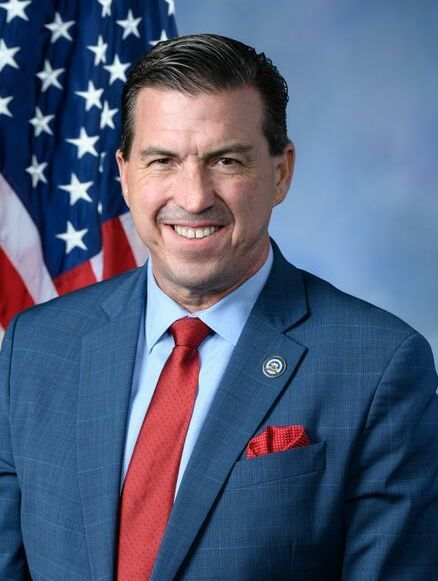
Co-Sponsor
-
TrackEleanor Holmes Norton

Co-Sponsor
-
TrackDelia C. Ramirez

Co-Sponsor
-
TrackJanice D. Schakowsky

Co-Sponsor
-
TrackRobert C. "Bobby" Scott
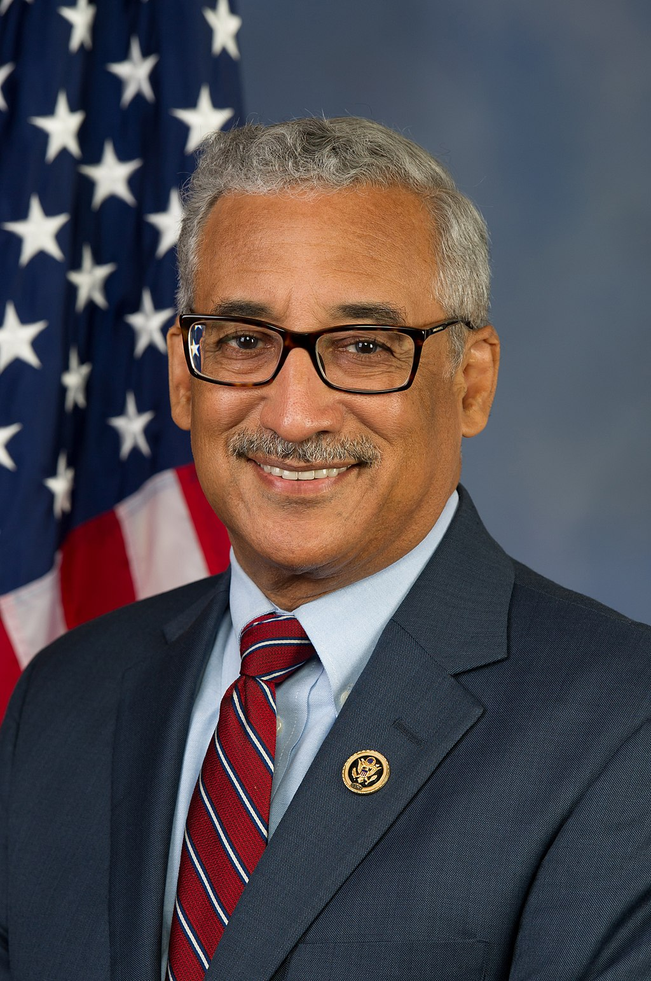
Co-Sponsor
-
TrackTerri A. Sewell

Co-Sponsor
-
TrackLateefah Simon

Co-Sponsor
-
TrackMarilyn Strickland

Co-Sponsor
-
TrackEmilia Strong Sykes

Co-Sponsor
-
TrackShri Thanedar

Co-Sponsor
-
TrackBennie G. Thompson

Co-Sponsor
-
TrackRashida Tlaib

Co-Sponsor
-
TrackPaul Tonko
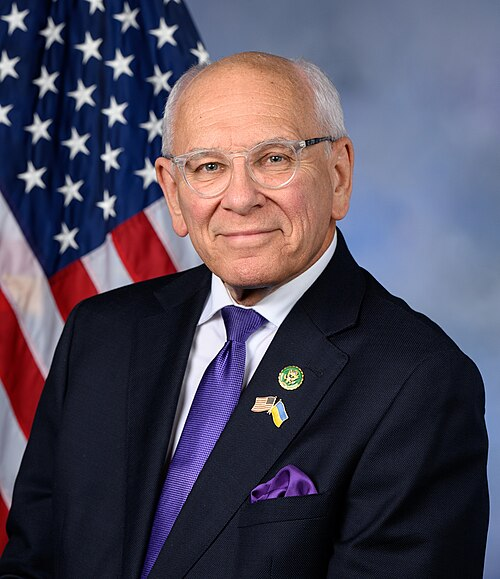
Co-Sponsor
Actions
2 actions
| Date | Action |
|---|---|
| Aug. 05, 2025 | Introduced in House |
| Aug. 05, 2025 | Referred to the House Committee on House Administration. |
Corporate Lobbying
0 companies lobbying
None found.
* Note that there can be significant delays in lobbying disclosures, and our data may be incomplete.
Potentially Relevant Congressional Stock Trades
No relevant congressional stock trades found.